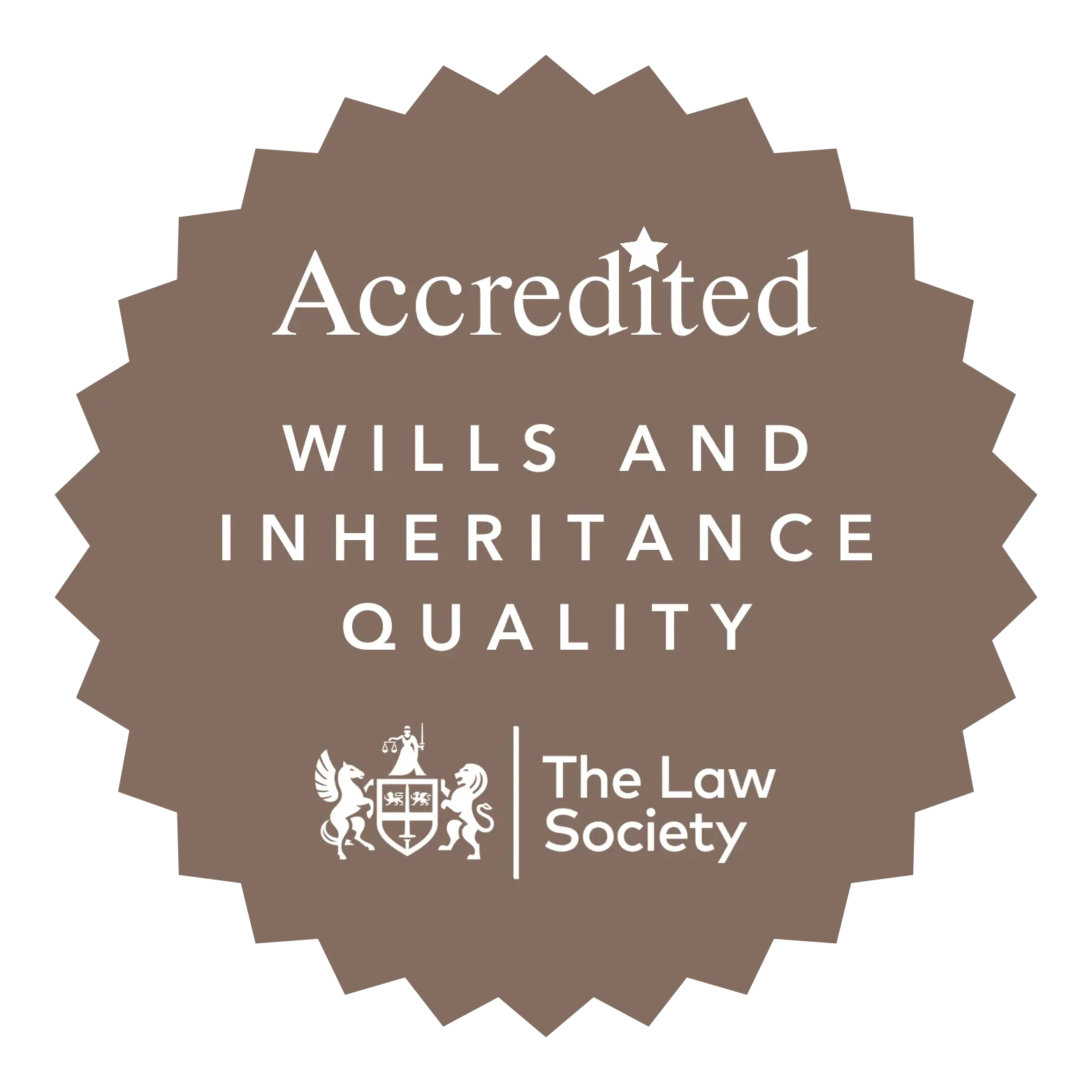Trust Funds
Need Help?
Call 0330 912 8338 to have a no-obligation chat with our expert Will, Trusts & Probate Team. They’ll be happy to talk through the process with you, explain what we do, and answer any questions you have.
Alternatively, you can email us with your query and we’ll help in any way we can.
Why Choose Atkins Dellow as your Trust Law Solicitors?
Care
Regardless of the challenges, we look after your interests.
Trust
Clear-cut solutions to put your mind at ease.
No Legal Jargon
No jargon. We speak in plain English just like you.
Local Solicitors
We have a solicitor near you. Come to us or we’ll come to you.
Trust FAQs
What is a Trust?
Who can create a Trust?
What are the different kinds of Trusts?
There are quite a few different kinds of Trusts to be aware of when deciding if you want to use one.
1. Testamentary Trusts:
A Testamentary Trust Fund is a specific type of Trust that only arises in a Will to come into effect on death. The person making the Will (Testator) gives detailed instructions as to how they would like their assets to be managed and distributed for the executors and trustees to act on.
2. Lifetime, Living or Inter Vivos Trusts:
These are all terms that can be used interchangeably for a Trustthat is made during your lifetime to protect your assets and ensure that they are managed for your beneficiaries in the way that you want them to be.
3. Revocable Trusts:
A Revocable Trust enables the person creating the Trust (Settlor) to alter or cancel the provisions contained in the Trust while they are alive. Up until that point all revenues and incomes are distributed to the Settlor until their death, when the Trust is transferred to the beneficiaries.
4. Irrevocable Trusts:
An Irrevocable Trust Fund’s purpose is to move assets away from the control of the Settlor, and into the control of the Trustees. The act if doing this reduces the overall value of the Settlor’s estate and may therefore protect it from some estate tax and creditors. These Trusts can only be altered or cancelled with the consent of the beneficiaries or by the Court.
5. Life Interest Trusts:
A Life Interest Trust is a Trust that names one of the beneficiaries as a “life tenant”, which means that they will be entitled to the revenues generated by the investment, while giving the asset to another beneficiary on expiry of the life interest.
6. Discretionary Trusts:
A Discretionary Trust is a Trust that gives the power and responsibility for making decisions about how to manage the assets of and when to distribute the capital and funds from the Trust to the Trustees.
7. 18-25 Trusts:
An 18-25 Trust is a Trust that is created by a Will where the grantor has specified that a beneficiary that is a chid is not to receive their inheritance until they reach a specified age. This is usually done for tax reasons and to ensure that the beneficiary is old enough to handle the money that they are due.
How do I choose a trustee?
When choosing a trustee, it is important to consider their experience, reliability, and ability to act in the best interests of the beneficiaries.
The purpose of a Business Succession Trust is to provide a structured and tax-efficient way of transferring a business to the next generation, while minimising the impact of Inheritance Tax and other taxes. By transferring the business into the Trust, the current owner can retain some control over the business, while gradually transferring ownership and management responsibilities to the beneficiaries. Here are some common types of business succession trusts in England and Wales:
- Family Trusts – Family trusts are a type of trust that is designed to benefit multiple family members, such as children or grandchildren, who may eventually take over the business.
- Employee Ownership Trusts – An employee ownership trust (EOT) is a type of trust that allows employees to gradually acquire ownership of a business over time, often through a share ownership scheme.
- Discretionary Trusts – A discretionary trust is a flexible type of trust that allows the trustee to distribute assets to beneficiaries at their discretion, based on the needs and circumstances of each beneficiary.
Setting up a Business Succession Trust can be complex, and it is important to seek the best professional advice. The right structure will depend on a variety of factors, including the size and complexity of the business, the goals of the current owner, and the needs of the beneficiaries. For more information about Trusts, click here to check out our Trusts page.
How often should I review my trust?
It is important to review any Trust regularly, especially if there are changes in your personal circumstances or changes in the law that could affect the Trust’s effectiveness. Our private client solicitors can help ensure your trust remains up-to-date and effective.
Who can be a Trustee?
Any individual or corporate entity can act as a trustee, but they must act in the best interests of the beneficiaries and comply with their legal duties.
Do I need a Trust?
A Trust may be beneficial if you have significant assets, are concerned about inheritance tax, want to ring fence your assets against other claims, and want to ensure your assets are managed and distributed according to your wishes.
What are the tax implications of setting up a Trust?
The tax implications of setting up a Trust can be complex, and it is important to seek professional advice to ensure you understand the potential tax consequences.
Meet our Team of Wills, Trusts & Probate Specialists
Related Insights
How to Appoint a Legal Guardian for my Child if I Die – UK Guide
Nearly two-thirds of adults don’t have a Will with a named legal guardian for their children – this can mean that your child/children could be left with someone you wouldn’t necessarily have chosen yourself. When creating or updating a Will with a Wills Solicitor,...
How to reduce Inheritance Tax by making lifetime gifts to children
On a basic level, estate planning involves reducing the value of your estate to mitigate Inheritance Tax (IHT) payable upon your death. One way of doing this is to make lifetime gifts to your children. Potentially Exempt Transfers (PETs) and the 7-Year Inheritance Tax...
Navigating Family Disputes Over Ashes in the UK
Challenges in Dealing with Deceased's Remains Who has the right to deal with my body after I die? With the news that the Law Commission is set to review the “ancient laws” over what happens with a deceased’s remains, we look at the current state of affairs in this...
Still Need Help?















